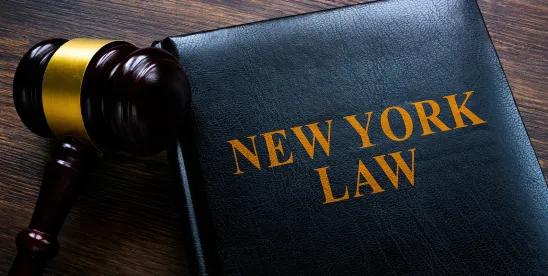The New York State Tax Appeals Tribunal, affirming an Administrative Law Judge, held that the Internet Tax Freedom Act prohibits the Division of Taxation from subjecting to tax the receipts that Verizon New York, Inc. receives from its sales of internet access. In Re: Verizon New York Inc., DTA No. 829240 (NYS Tax App. Trib July 21, 2025).
The Facts: At issue were two types of services that allow access to the Internet. The first, asymmetric digital subscriber line (“ADSL”), is the technology that delivers access to the Internet by transmitting information over copper wires. The second, Fiber Broadband services and technologies, are technologies that deliver access to the Internet by transmitting information over fiber optic cables. Verizon sold the ADSL and Fiber Broadband services and technologies (together, “Verizon services”) to Internet Service Providers (“ISPs"), which resold them to their customers.
The Division of Taxation ("Division") took the position that the Verizon services were subject to tax under Tax Law Section 184 as the exclusion for telecommunications services sold for ultimate consumption did not apply. It also asserted that taxation was not prohibited by the Internet Tax Freedom Act (“ITFA”).
The Decision: The tribunal first concluded that the Verizon services did not qualify for the exclusion from the Section 184 tax as the ISPs resold those services for ultimate consumption by their own customers.
The tribunal then reviewed the history of the ITFA, including its purpose of promoting the Internet by putting in place a moratorium temporarily preventing state and local governments from imposing new taxes on Internet access. Over the years (and before the years at issue in the case) the moratorium was extended and vastly expanded. As a result, the tribunal noted, “[i]t cannot be disputed that the ITFA was a specific Congressional act of express preemption of the authority of state and local authorities to tax Internet access predicated on Congress’ specific intent to foster the growth and expansion of the Internet.”
Based on this, the tribunal had little problem in concluding that the preemption of taxation by New York was clearly intended and took effect before the years in issue.
The tribunal then quickly rejected the Division’s assertion that an exception to the moratorium on taxation of Internet access applied. The Division did not establish either that: (1) it issued a “rule or proclamation” that the agency had applied tax to Internet charges; or (2) the State has generally collected that tax on Internet access.
While the ITFA has been around since the late 1990s there have been few cases to date that interpret it. It is expected that there will be more cases in the future, especially those involving the ITFA’s other prohibition against multiple or discriminatory taxes on electronic commerce.



 />i
/>i

